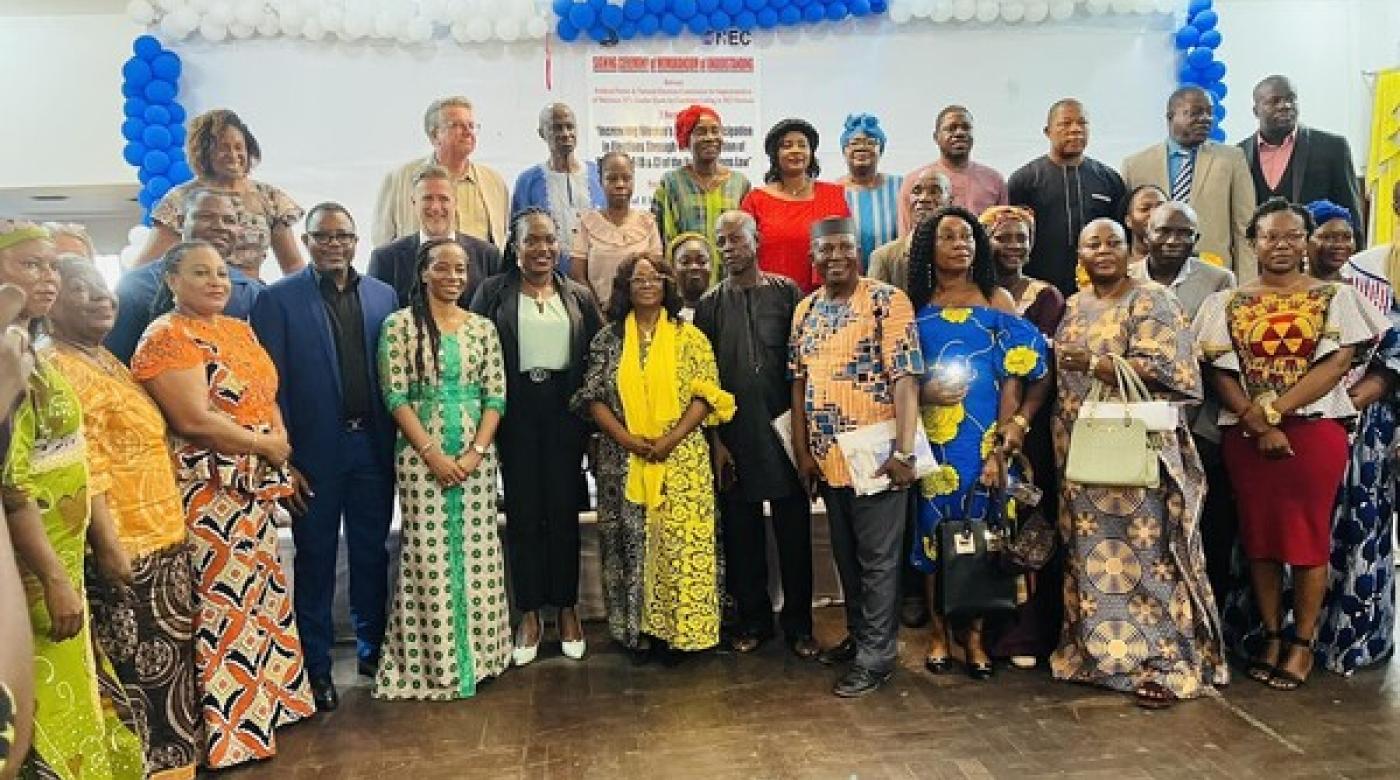
A final push: Making 2023 candidate registration count for Liberian women
- EconomyGenderInternational NewsLegislature
- No Comment
- 174
By adopting gender equality legislation in January 2023, Sierra Leone took a huge leap forward in correcting its history of women’s underrepresentation in the political and economic life of the country.
The Gender Equality and Women’s Empowerment Act of 2022 is largely responsible for more than doubling the number of women in their national parliament, bringing the percentage from 12.6% to 30.4% – from 17 members of parliament (MPs) in 2018 to 41 female MPs following their election on June 24, 2023.
With Sierra Leone’s proportional representation electoral system established by Presidential decree in 2022, political parties were compelled to assign a minimum 30% of the seats they won to women members.
Liberia also had an opportunity in 2022 and 2023 to pass an electoral reform bill which included a minimum 30% gender quota. This would have required political parties to include no less than 30% of either gender on their candidate nomination lists for the 2023 elections.
Liberia, which is known for having a woman Vice President and the first democratically elected woman President in Africa, is today ranked among the lowest countries globally in terms of women’s representation in the National Legislature.
According to the Interparliamentary Union, Libera is 163rd of 186 placements on the global ranking of women in national parliaments. While the regional average is 26.7% for Sub-Saharan Africa and 19.2% in West Africa, the percentage of women in the Legislature is just 10.7%.
To overcome the structural barriers to women’s equal participation, reforms in policies and laws are required. “Temporary special measures,” popularly known as affirmative action, aim at providing redress for the historical marginalization of women from political life.
A 30% candidate gender quota was first set in Liberia in 2005, with the guidelines for candidate nomination stating that each party “shall ensure” that 30% of its candidates be women. Although no political parties met quota, the major parties had an average of 20% women. This was higher than in any election thereafter, and as a result, the 2005 elections saw the highest percentage of women elected to the Legislature – almost 16%.


